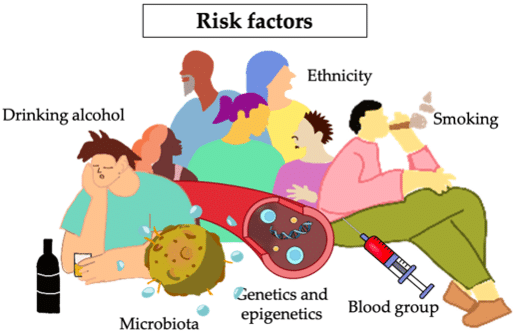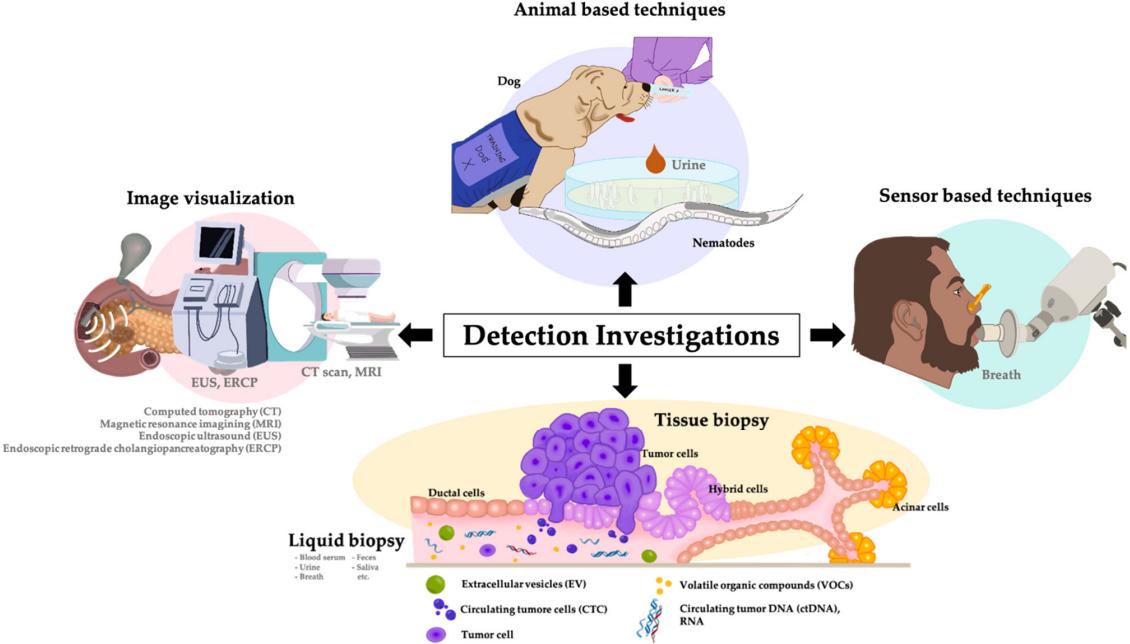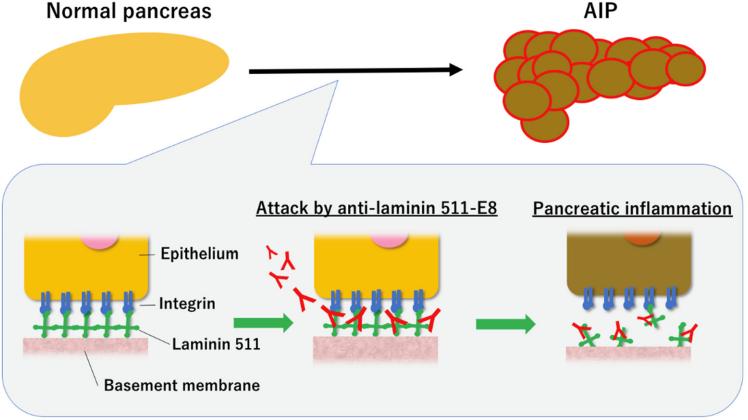NAA Associated Pancreatic Cancer
Pancreatic cancer (PC) remains to be one of the deadliest cancer types. Natural autoantibodies (NAAs) against tumor-associated antigens (TAAs) have been found in the serum of patients with several types of cancers and may serve as biomarkers for early detection of PC as well. As a well-recognized leader in disease diagnosis and with over a decade of experience, Creative Biolabs can perform serum NAA tests against autologous cellular antigens and offering you a comprehensive set of high-quality NAA services for PC.
Background of Pancreatic Cancer
PC is one of the most common cancers related to death and represents a serious health problem worldwide. The five-year relative survival rates are commonly below 10% and the incidence rate matches closely to the mortality rate. One of the reasons for the poor prognosis is that most patients have locally advanced or metastatic cancer at the time of diagnosis. Most cases of PC are sporadic with the major risk factors being smoking, aging, diabetes, obesity, and chronic pancreatitis. Inherited genetic factors are thought to contribute to 5-10% of PCs.
 Fig.1 Schematic diagram of PC risk factors .1
Fig.1 Schematic diagram of PC risk factors .1
PC is a group of heterogeneous diseases and includes cancer of the endocrine (islet cell carcinoma, neuroendocrine carcinoma and carcinoma of carcinoid tumors) and exocrine (pancreatic ductal adenocarcinoma and acinar) pancreas. Among these pathologies, pancreatic ductal adenocarcinoma (or PC) accounts for approximately 90% of all cases. At present, PC is clinically diagnosed by symptom, CT image and tumor markers (TMs). The symptoms of PC include abdominal or back pain, weight loss, jaundice (yellowing of the skin and eyes), loss of appetite, nausea, light stool color, and diabetes.
 Fig.2 Different types of PC detection approaches.1
Fig.2 Different types of PC detection approaches.1
The Application of NAA in Pancreatic Cancer Diagnosis
There is no consensus on the use of diagnostic imaging for early detection of PC because majority of imaging modalities fail to accurately detect lesions <3 cm. Some tumor markers described for PC such as CA19-9, CA-50 and CEA show suboptimal sensitivity and specificity. For instance, CA19-9 is also overexpressed in other types of gastrointestinal cancers and in inflammatory conditions such as pancreatitis and is thus not specific for PC. The slow development of PC, in conjunction with the better curative response of patients with early disease stage, implies that an early diagnostic marker can positively impact the outcome of patients. The immune system reacts to developing tumors and generates autoantibodies against TAAs. Cancer patients do produce autoantibodies against proteins that are either mutated, misfolded, overexpressed. Studies reported that serum autoantibodies may be suitable biomarkers that can be used either alone or in combination with tumor markers or other autoantibodies for detection of cancers.
 Fig.3 Autoimmune pancreatitis (AIP) mechanism: the attachment of particular autoantibodies to the basement membrane.2
Fig.3 Autoimmune pancreatitis (AIP) mechanism: the attachment of particular autoantibodies to the basement membrane.2
Several autoantigens have been identified by scientists to serve as biomarkers. Here show several targets in PC that have already been developed to offer services by us.
| Natural Autoantibodies Targets in Pancreatic Cancer | ||||
| Anti-Calcium and Integrin Binding 1 (CIB1) Protein | Anti-Coactosin-Like Protein (CLP) | Anti-Mesothelin | Anti-Ezrin | Anti-ENOA1,2 |
Features of our Services
- Advanced technology to provide high-quality services
- Experienced scientists to tailor a custom strategy
- Low cost with best after-sale services
- One-stop services and time-saving
NAAs present a promising option as biomarkers for early detection of PC. Creative Biolabs has gained significant knowledge in antibody analysis, and disease early detection. We are more than happy to share our experience to help our customers in NAA projects. Please contact us for more information and a detailed quote.
References
- Ungkulpasvich, Umbhorn, et al. "Pancreatic Cancer and Detection Methods." Biomedicines 11.9 (2023): 2557.
- Yokode, Masataka, Masahiro Shiokawa, and Yuzo Kodama. "Review of diagnostic biomarkers in autoimmune pancreatitis: where are we now?." Diagnostics 11.5 (2021): 770.
Choosing natural autoantibody (NAA) microarray to profile autoantibody repertoire and reveal novel disease's marker.
- NAA Services for Anti-Calcium and Integrin Binding 1 (CIB1) Protein
- NAA Services for Anti-Coactosin-Like Protein (CLP)
- NAA Services for Anti-Mesothelin Antibody
- NAA Services for Anti-Ezrin
- NAA Services for Anti-ENOA1, 2 Antibody
Related Services:
- NAA Associated Primary Liver Cancer
- NAA Associated Lung Cancer
- NAA Associated Nasopharyngeal Carcinoma
- NAA Associated Gastric Cancer

